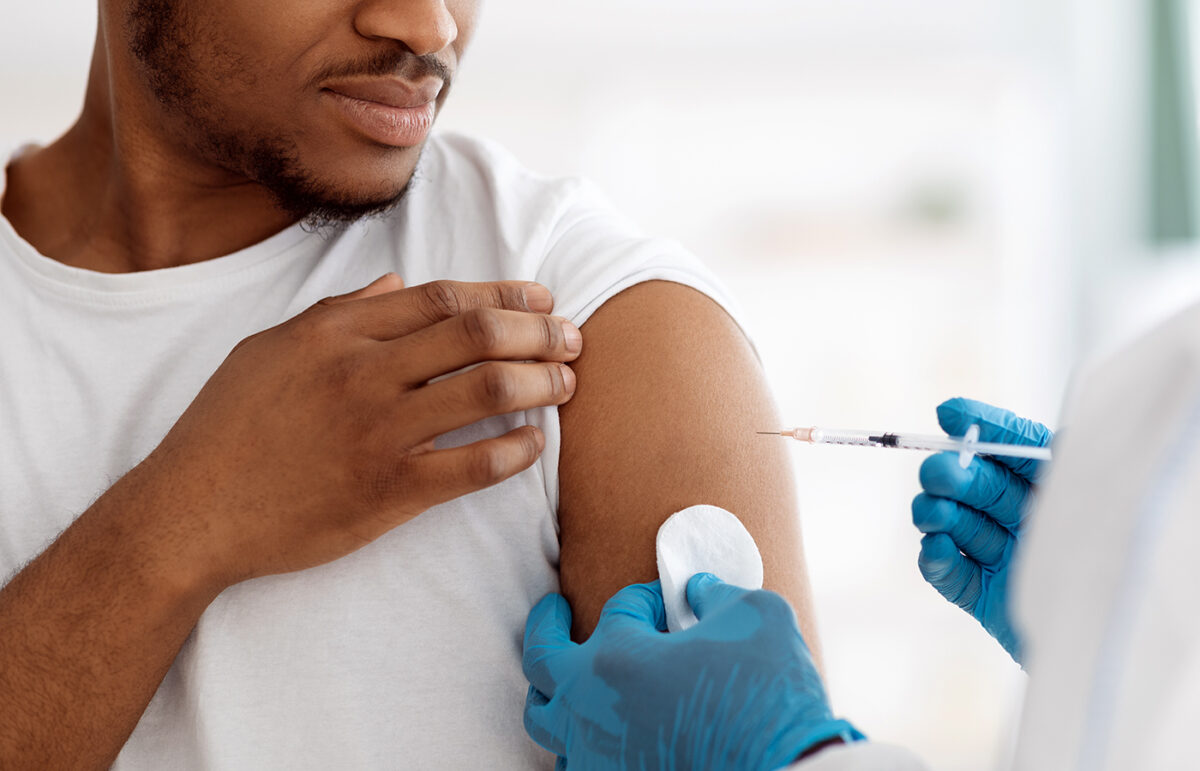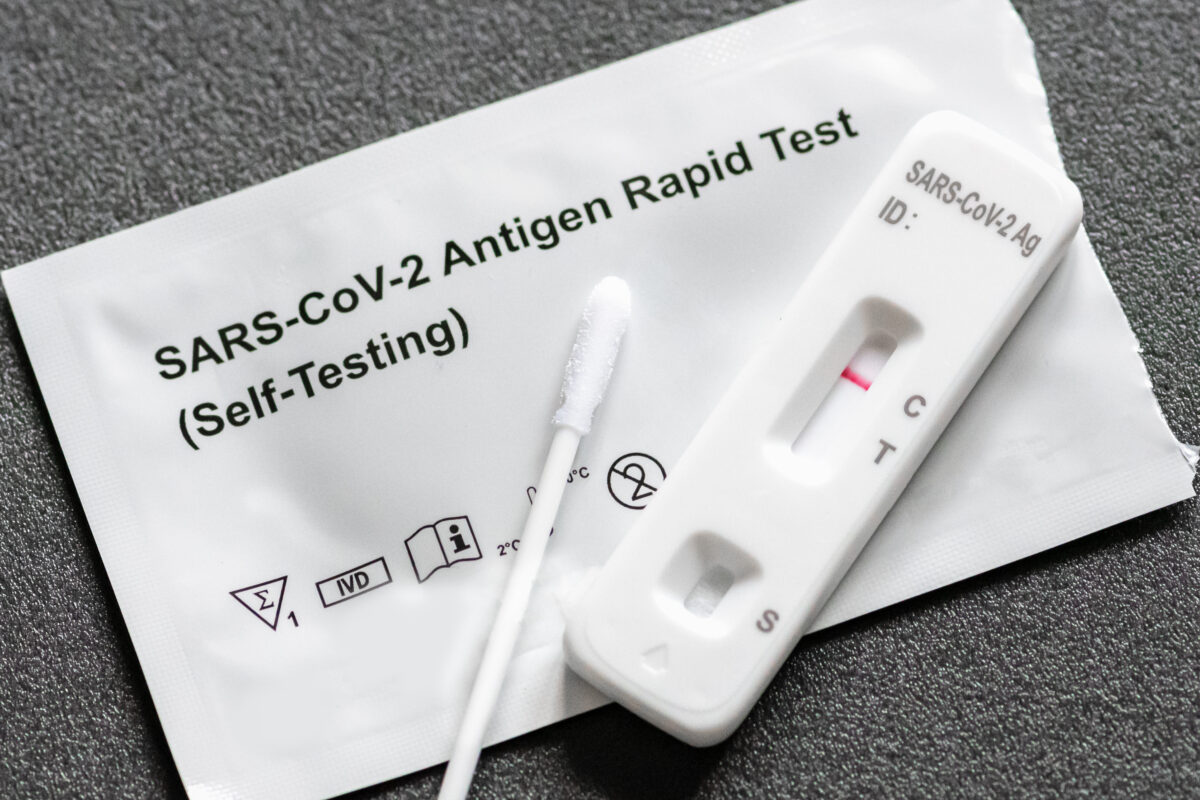
Recent survey data collected by the Kaiser Family Foundation (KFF) indicates some positive changes in COVID-19 vaccine acceptance among Americans, along with some concerning trends among more vaccine-hesitant populations. KFF’s latest survey was conducted between March 15 and March 22 and included a total of 1,862 adult respondents.
The survey, part of an ongoing effort by KFF to monitor attitudes toward the COVID-19 vaccine, found that 32% of respondents reported having already received the vaccine, up 14% from February. Additionally, 17% of respondents reported taking a “wait and see” approach before deciding whether to take the vaccine, a 5% decrease from February.
Fifty-five percent of Black adults reported having already received or planning to receive the vaccine, up 14% from February. Sixty-one percent of Hispanic adults reported having already received or planning to receive the vaccine, an increase of 9% from February. These are positive trends as vaccine hesitancy and a lack of equitable vaccine distribution to minority communities have been key concerns among public health experts.
Of the nearly 1.1 million vaccines administered in Arkansas as of March 31, 75.3% have been administered to white Arkansans, 10.3% to Black Arkansans, and 10.5% to individuals who identify as Hispanic. A complete breakdown of the state’s vaccines administered by race/ethnicity is available on the Arkansas Department of Health’s COVID-19 Dashboard.
The March KFF data unfortunately showed little change among the more vaccine-hesitant respondents, including those who reported they would take the vaccine “only if required” and those who would “definitely not” take the vaccine. Since KFF began fielding the survey in December 2020, the percentage of total respondents reporting they would “definitely not” receive the vaccine has remained steady, ranging between 13% and 15%.
Around 30% of respondents who identified as Republicans and white evangelical Christians reported they would “definitely not” receive the vaccine, the highest among all groups. Among vaccine-hesitant respondents, the top concerns about receiving the vaccine include worries about experiencing severe side effects and beliefs that the effects of the vaccine would be worse than getting COVID-19.
The survey provides important insight into populations who need to be targeted for vaccine outreach efforts. On Thursday, April 1, the Biden administration announced a targeted effort to address vaccine hesitancy through a national ad campaign and an alliance of public health groups, faith leaders, athletic organizations, and businesses to encourage more Americans to become vaccinated. The announcement of the national campaign is timely as states continue to expand vaccine eligibility. In Arkansas, Gov. Asa Hutchinson announced March 30 that all Arkansans age 16 and older would now be eligible to receive the COVID-19 vaccine.






